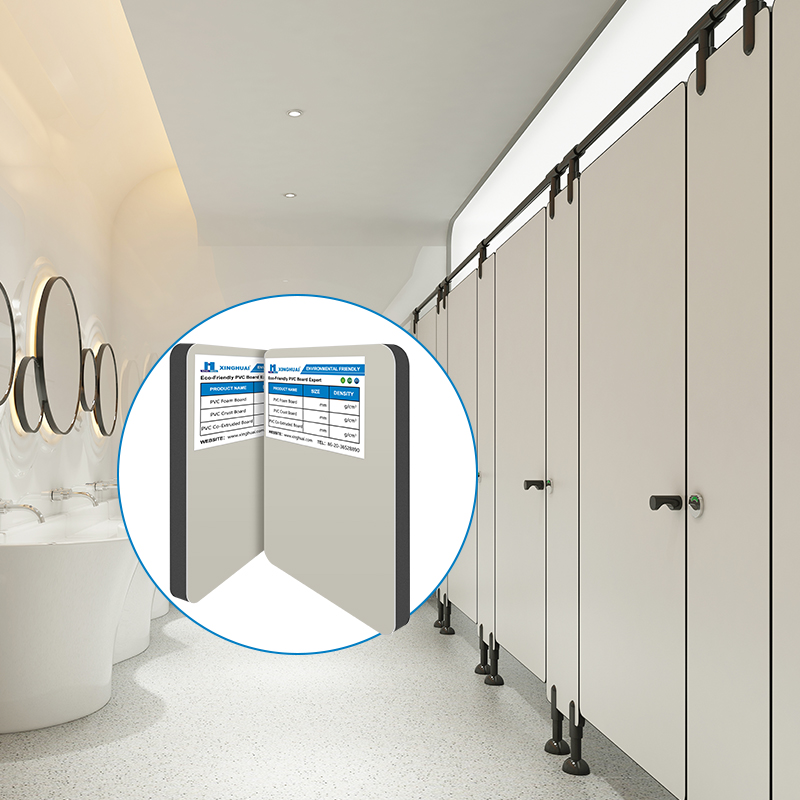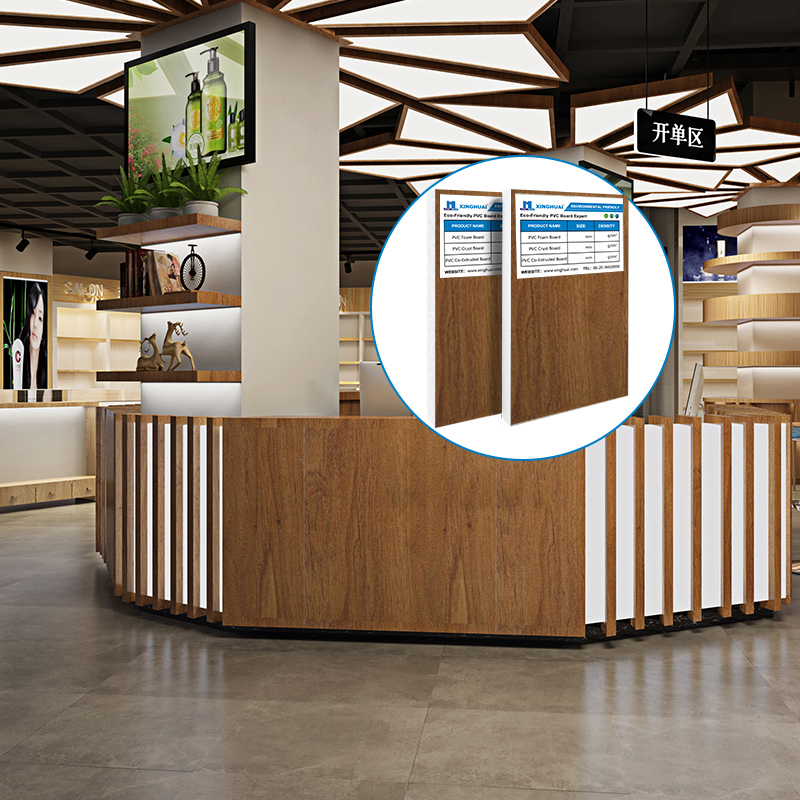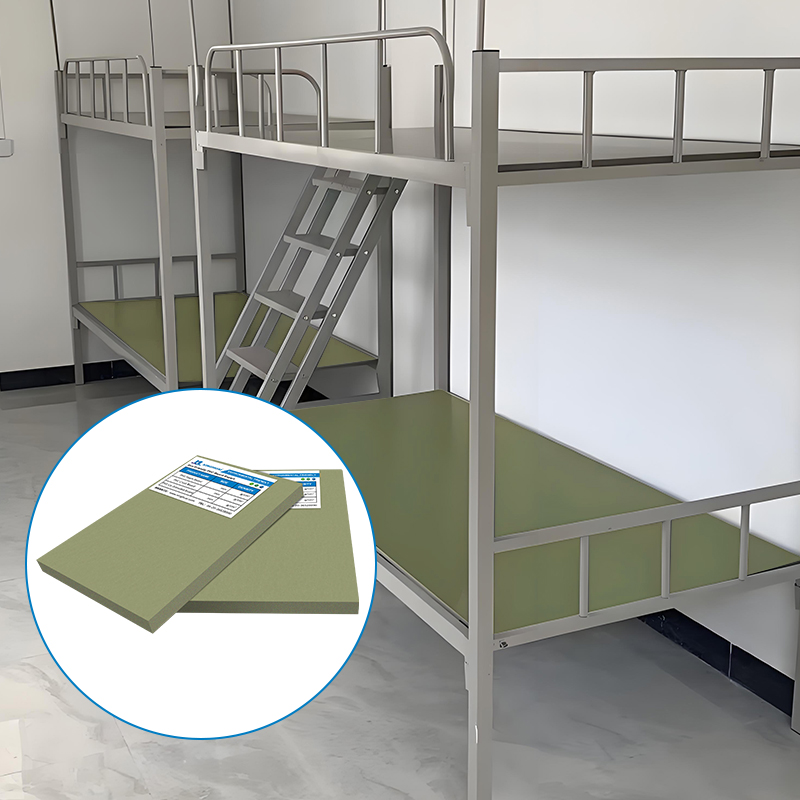How Impact-Resistant Is PVC Board?
PVC board is renowned for its strength and versatility, making it a popular choice across various industries. From bathroom cabinets to partitions, its impact resistance is a key factor in its widespread use.
Durable and Resilient Material
PVC boards, including PVC WPC foam boards and expanded PVC foam, are engineered to withstand significant wear and tear. Their dense structure makes them resistant to impact, preventing cracks or dents under normal use. This characteristic is especially valuable in high-traffic areas or applications requiring durability, such as 4 x 8 foam core boards used in signage or displays.
Moisture and Chemical Resistance
One of the reasons PVC boards excel in impact resistance is their ability to resist damage from moisture and chemicals. For example, PVC boards are ideal for bathroom cabinets, as they do not swell, warp, or weaken in humid environments. Similarly, PVC partition boards maintain their integrity even when exposed to daily wear and occasional accidental impacts.
Comparative Strength
Compared to traditional wood or medium-density fiberboard (MDF), PVC boards are superior in impact resistance. However, they may not match the toughness of metals or high-grade composites in extreme conditions. For heavier applications, reinforced PVC WPC foam boards offer additional strength and durability.
Applications
The impact resistance of PVC boards makes them suitable for a wide range of uses, from bathroom cabinetry to partitions and display boards. Their lightweight nature, combined with robust performance, ensures that they can handle the demands of both residential and commercial environments.
Conclusion
PVC boards are highly impact-resistant, offering a reliable solution for various applications. Whether used in cabinets, partitions, or foam core boards, their ability to withstand everyday impacts without compromising quality makes them a practical and durable choice.




